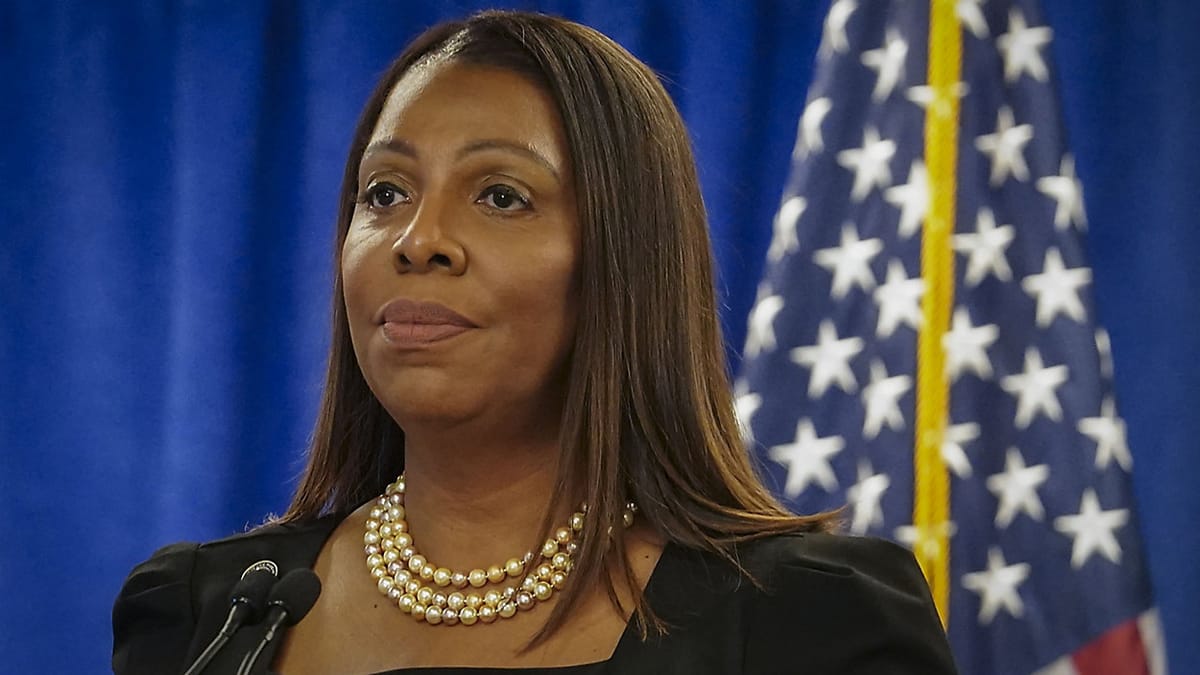ISPs Fear Other States Following NY on Affordable Broadband Act
Industry groups are asking the Supreme Court to strike down the law.
Jake Neenan

WASHINGTON, Nov. 5, 2024 – Broadband providers looking to block New York’s Affordable Broadband Act are worried other states would enact similar laws, they told the Supreme Court last week.
“If the ABA were to take effect, it would be a watershed moment,” the New York State Telecommunications Association wrote in an Oct. 30 reply brief. “Many state legislators and bureaucrats would surely then follow New York’s lead.”
The law mandates ISPs offer service at $20 per month or less to eligible low-income households, or less depending on the speeds. New York Attorney General Letitia James agreed to hold off on enforcing the law until the high court decides whether it will grant the industry group’s request to review a Second Circuit case upholding the ABA.
James had said providers’ fears were unfounded in an Oct. 15 brief urging justices to deny that request.
“The ABA was enacted more than three years ago,” she wrote. “But as far as respondent is aware, no other state has enacted a law that, like the ABA, requires broadband providers to offer low-income individuals an affordable broadband product.”
As part of merger conditions, Charter and Altice have already entered into agreements with the state to offer low-income plans in line with the ABA, and Verizon has a similar plan that would be made available to more customers under the law. The three providers cover 95 percent of the state.
New York’s Public Service Commission tentatively exempted smaller providers from ABA requirements.
The case is related to litigation over the Federal Communications Commission’s net neutrality rules, which would reclassify broadband providers as more tightly regulated Title II carriers under the Communications Act. In upholding the ABA, the Second Circuit’s analysis hinged on the Title I framework – judges found that the provision, which bars the FCC from regulating prices charged to consumers, did not preempt states’ ability to do so.
If industry groups lose their bid to strike down the FCC’s Title II order, the agency would have broader authority over the industry that could more easily preempt state laws like the ABA – the agency specifically declined to wield rate regulation provisions of Title II.
But that’s not worth the extra FCC oversight for ISPs. They’re comfortable arguing against the ABA on Title I grounds, asking the Supreme Court to take the case only after the Sixth Circuit “confirms the Title I classification of broadband,” and potentially after justices weigh in if that ruling is ultimately appealed.
The case is set for conference on November 15, meaning justices will consider whether or not to hear the case. A separate case challenging the FCC’s Universal Service Fund is slated for conference the same day.









Member discussion